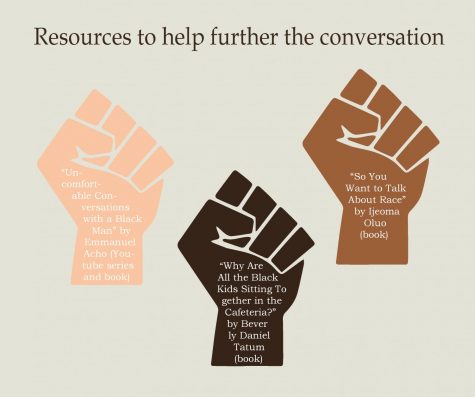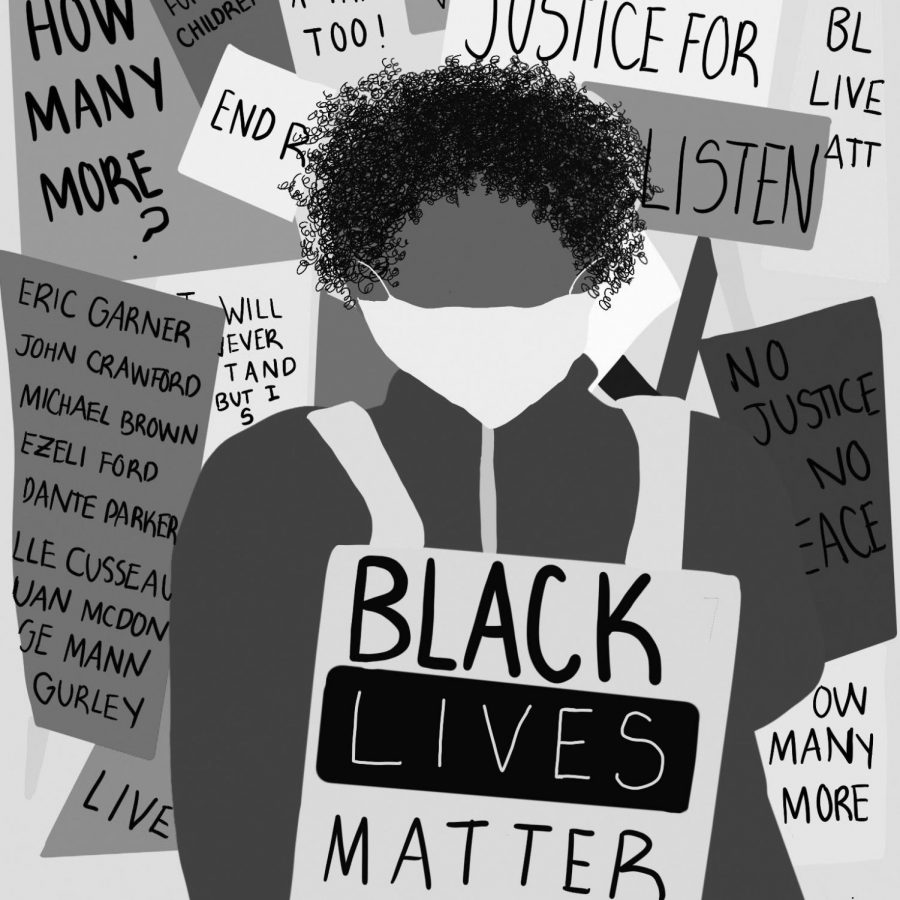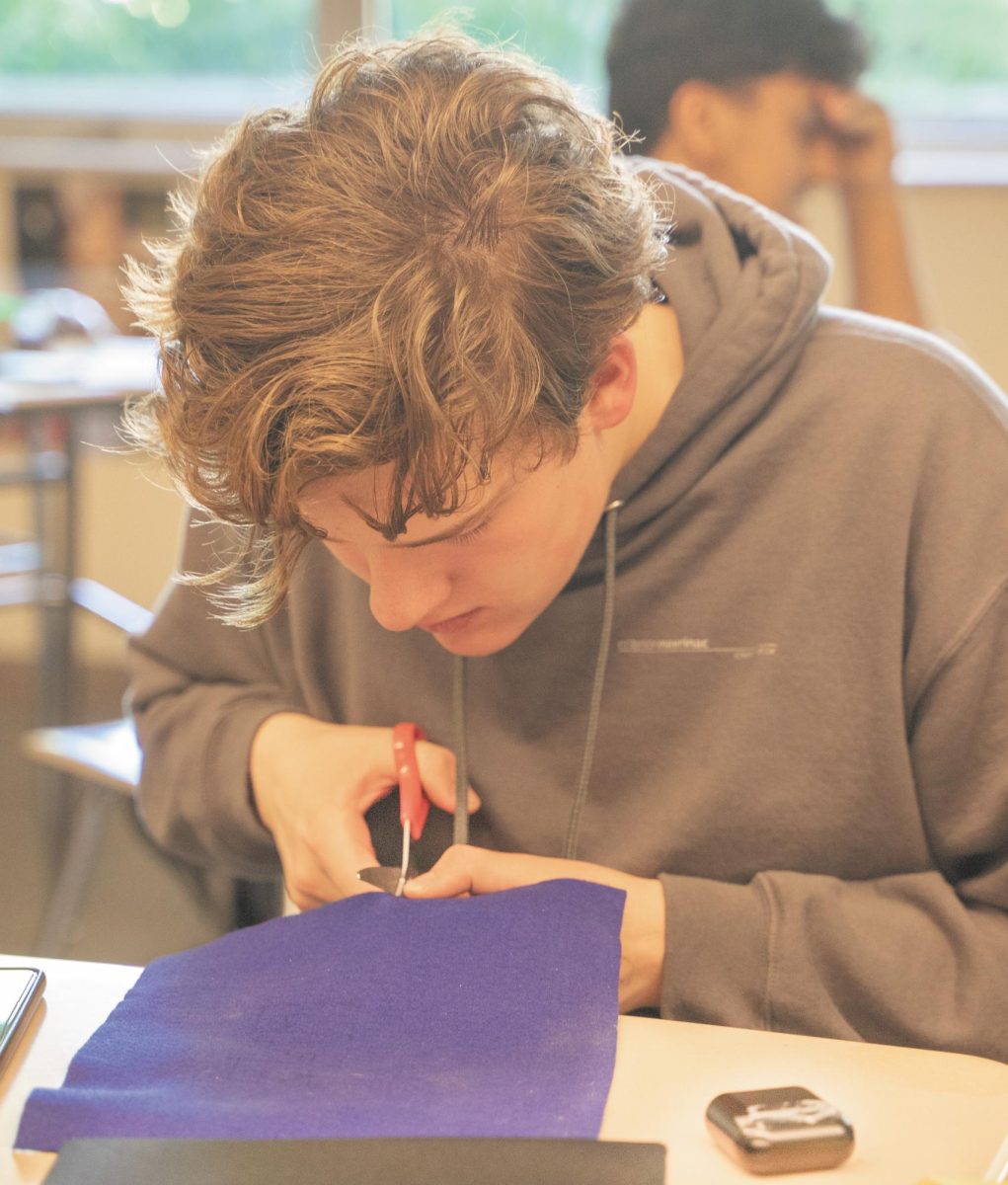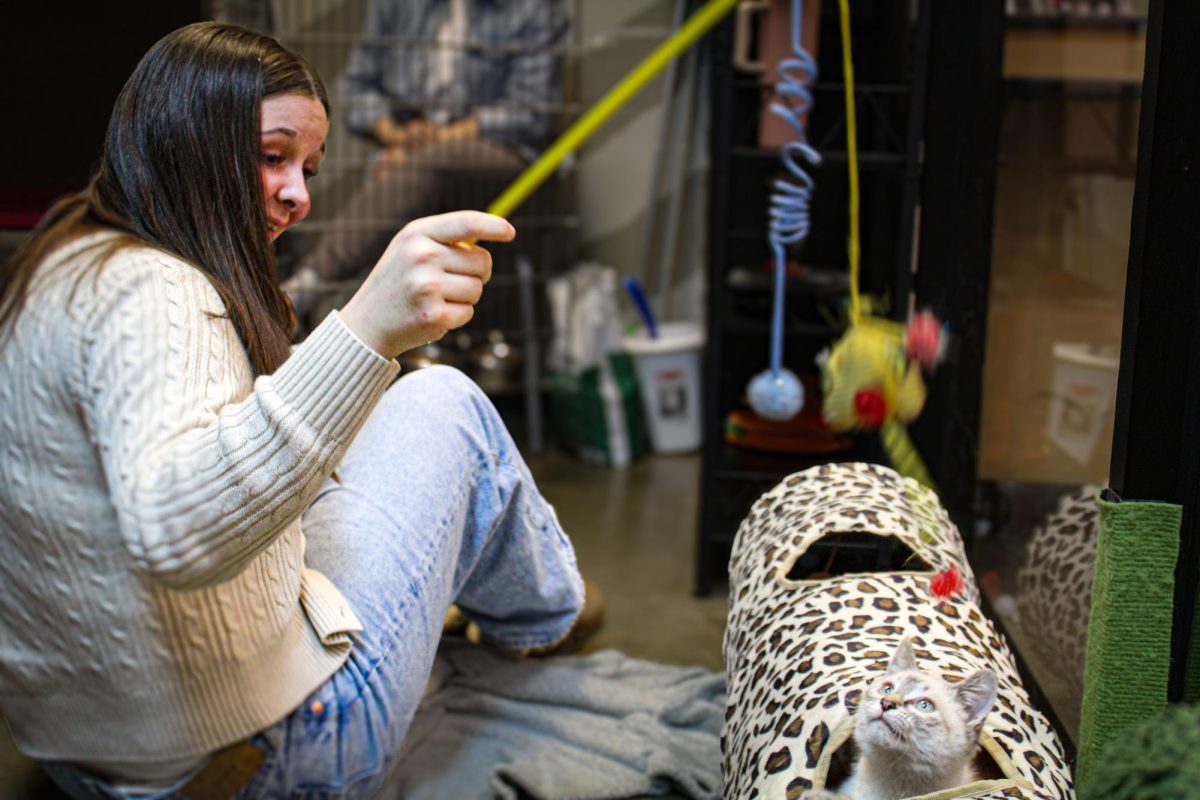
How do we start a conversation about race when the mood surrounding the topic is so strained? Over the past year, the Black Lives Matter movement has gained a lot of momentum, but a huge obstacle still remains: People are afraid to join the conversation for fear that they may say something wrong.
Black History Month offers more of an opportunity to start that conversation, sophomore and BSU member Aliana Taylor said. The month creates a safe space for non-Black people to ask questions and learn about Black peoples’ experiences with racism. Sophomore and BSU member Beamlak Tesfaye said that one of the most important things that one can do during Black History Month is to listen to Black people about their experiences with racism.
“A lot of white people are understanding, and I like that [non-Black people] come to BSU meetings. I like when people come over here, and they listen. That’s one of the most important things — they listen,” Tesfaye said.
BSU member and sophomore Alivia Chambers said that misinformation surrounding the BLM movement has lead to performative activism and a lack of understanding. She said that our definition of activism has become much more artificial than it was in the late 20th century due to social media. However, she also said that she’s seen real activism blossom from that artificiality.
“The fact that people died because they protested, and that we’re now seeing a bunch of [non-Black] people on their phones taking photos at protests of their cute outfits for attention — it complicates everything,” Chambers said. “But we do see some kind of realness — real feelings, people understanding what’s right and wrong.”
Listening to and conversing with Black people about their experiences can be intimidating, but oftentimes they’re open to talking and grateful that you made the effort, Chambers said. She said that having non-Black people listen to her about her struggles with racism gives her a sense of peace.
“I feel like my voice is being heard,” Chambers said. “To have somebody not only just listen, but take note of what I’m saying, is important. Because, without that, I would just be like every other minority who isn’t heard.”
The guilt that many white people have when talking with Black people about their experiences with racism can create a desire to remain silent, Taylor said. However, that fear of speaking up only means that the cycle of passivity is allowed to continue. Taylor said that in order to break the cycle, non-Black people need to acknowledge their previous bigotry and move on.
“I don’t think anybody has not been discriminatory at some point,” Taylor said. “The first step is having a conversation, realizing that you’re hurting people, and then moving forward and doing better. That’s why a conversation is so important — you can’t really [improve] without having a conversation about your actions.”
BSU members said that Black History Month offers an opportunity to start these conversations. Taylor said that having a designated period of time to discuss and honor Black history means that some of the hesitation non-Black people feel when talking to Black people about their experiences dissipates, and progress can be made.
“[Black History Month] gives me time to be able to have discussions with my classmates, even if it seems like they don’t care. It gives me a platform to talk about these issues,” Taylor said.
So how do we have a conversation about race when people have such strong opinions about it? Taylor said in order to destigmatize the conversation around racism, we simply have to start and keep it going, as scary as that may seem. Tesfaye said that in order for change to be made, a continuous conversation is crucial. These conversations can lead to strong allyship, but it’s important that this allyship doesn’t stop when Black History Month ends, Chambers said.
“I think the only real thing that you can [do] is be an ally,” Chambers said. “We don’t want your guilt. We don’t want your sympathy. We just want you to help.”
























